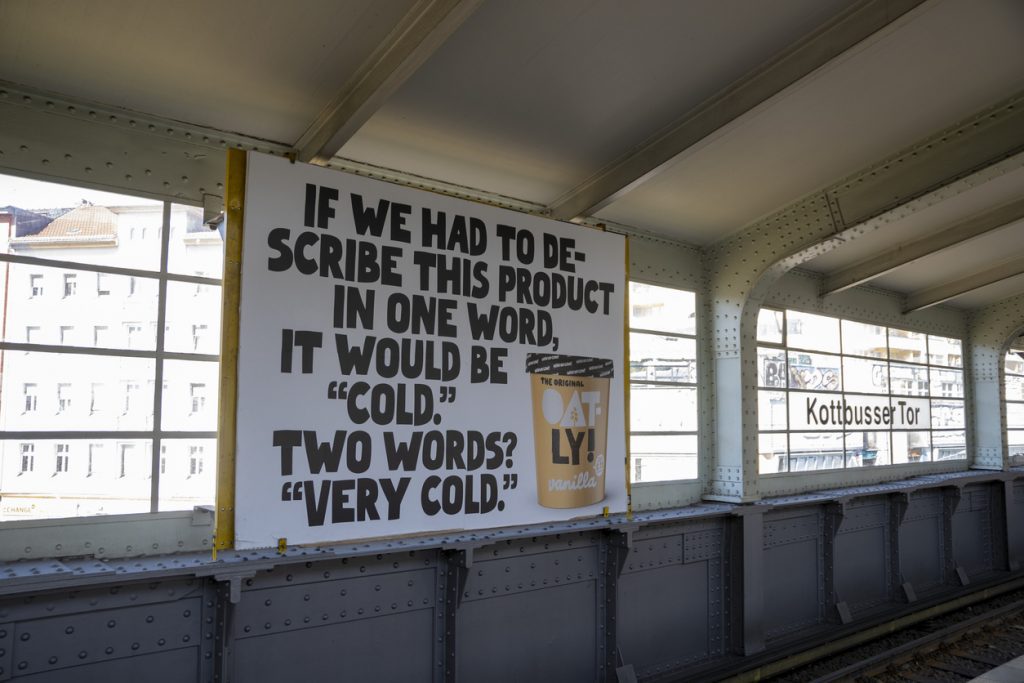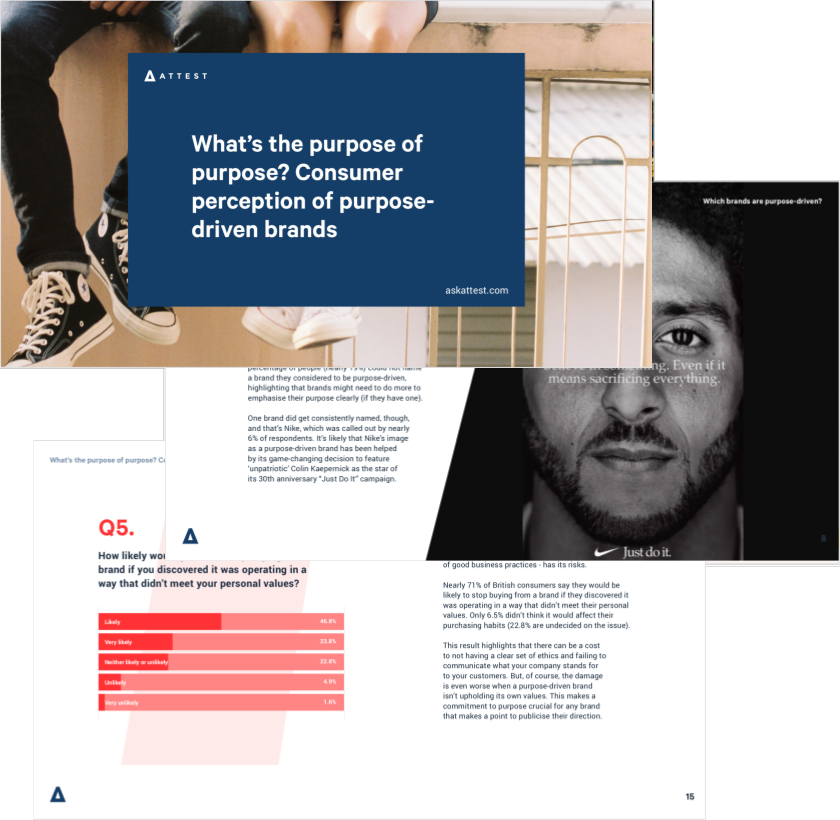4 honest brands wearing their heart on their sleeve

For centuries, philosophers and laymen have pondered the value of honesty. In a society where it’s widely accepted that being dishonest is a poor trait in a human being, why are the rules different for brands? We look at four brands successfully embodying the virtue in some of their strategies.
For centuries, philosophers and laymen have pondered the value of honesty. In a society where it’s widely accepted that being dishonest is a poor trait in a human being, why are the rules different for brands?
The news fails to be truly shocking, more so disappointing, when it’s frequently revealed that a brand has been dishonest to the public in some way. In fact, it’s a worryingly accepted norm that brands are opaque, hiding some things (often most things) from the outside world.
Inter-competition between brands is somewhat to blame for this secrecy. KFC wouldn’t want their supply chain known, else risk discovery of their secret recipe, for instance. Learn more of the ways brand tracking can help businesses like yours and how top brands have used Attest for their brand tracking.
Increasingly, though, there’s an emerging trend for brands to include honesty in their policies and strategies – and it proves a huge boost for overall brand integrity. We look at four brands who are successfully embodying the virtue in at least some of their strategies.
1. Oasis
The rising popularity of social media, and the subsequent content overload for consumers, is forcing brands to innovate in order to stand out from competitors. And honesty, in our money-focussed society, often goes hand in hand with a tongue-in-cheek sense of humour about one’s role in the grand scheme of things. A strategy not widely embraced, but successfully implemented by a chosen few.
Oasis took this to the extreme with their #RefreshingStuff campaign. Commenting deliberately on one of the most prevalent trends advertising agencies are currently adopting: cause marketing. By joining an ethical bandwagon (social justice, mainly) for the public purpose of spreading awareness of a cause, brands can achieve the contrary private purpose of encouraging cash flow in their direction.
Oasis is publicly accusing other brands of creating advertising campaigns that reflect a superficial ethical standpoint, that the brand doesn’t actually buy in to, much less embody. Meanwhile, Oasis themselves pitch an external message which does reflect their internal standpoint: that no one brand can change the world, and any brand who purports to be able to is pulling the wool over consumers’ eyes.
The feature of their campaign, The Togetherness Bottle, satirises the trend for brands encouraging social justice through advertising campaigns (à la Heineken).
Admittedly, Oasis are also trying to make money, and perhaps they think the way to a consumer’s wallet is through their funny bone rather than their heart, but their honest portrayal of a growing advertising trend does feel, frankly, refreshing.
2. Oatly
Oatly’s honesty is most clearly portrayed in their social media marketing campaigns, notably their Instagram account.
Aimed at a health-conscious millennial market, they haven’t opted for the cheeky, headline-worthy approach of Oasis, but rather a cut-the-crap, honesty’s-the-best-policy strategy. Their consumers are smart people, they can make up their own mind about what products to buy.

By breaking the traditional rules of marketing – build a vision, present a story to encourage consumers to buy into that vision – Oatly stand out in crowded social media platforms with their straight-up, anti-advertising approach. They make oat milk. They want you to buy it. That’s it.
3. Starbucks
Sorry, what? Starbucks? In a list of honest brands? You must have a short memory.
You’d be forgiven for thinking any of these thoughts. Admittedly, Starbucks don’t have a squeaky-clean track record when it comes to being honest with their finances.
But in the wake of a social justice scandal caused by the insensitivity of a manager of one of their Philadelphia coffee shops, it might not have shocked many people if the brand had fired the employee, brushed the disaster under the carpet and moved on with their path to coffee-dominance.
Instead, the company leaders took the decision to close 8,000 stores, sacrificing several million dollars in the process, to enroll their employees in an afternoon of Unconscious Bias Training.
The Starbucks bosses looked at the situation, acknowledged that the company (and the United States at large, though that’s a much wider issue) have a problem with racism, and attempted to make a genuine step towards tackling the issue.
There’s debate over whether or not the training will actually work in the long run. Regardless, the brand took an honest approach to acknowledging the problem and made their next steps transparent to the public.
The sheer volume of column inches dedicated to this process are evidence of the PR risk involved in an open and transparent strategy. In this instance, Starbucks left themselves open to criticism, but stood by their proposed solution in the name of working for the public good.
4. KFC
It’s no closely guarded secret that KFC have experienced some branding hardships in recent weeks and months, following the forced closure of 900 shops due to supply shortages.
The marketing team were backed into a corner on this occasion, they couldn’t deny anything had gone wrong; thousands of hungry consumers had been denied their fried-chicken fix. They had to be honest and apologise, but no one expected them to be so explicitly honest.
Their ‘FCK’ advert was lauded as a huge success, turning the whole debacle from a PR nightmare to somewhat of a dream; scarcity builds demand after all, as sales rocketed in the weeks immediately following the reconnection of their supply chain.
Conclusion
It’s hard to think of a single brand that fully embraces an honest approach to business. The steps taken by these brands, each one a move towards more honest practices, can only be considered a step in the right direction for wider consumer understanding of what goes on behind closed doors.
In a competitive environment where brand secrets are guarded closely, an honest approach to marketing, branding or crisis resolution can land considerable favour with the public.
Honesty is a virtue worth aiming for, and while it might not be an achievable goal for brands, we applaud these companies for taking the first step in the right direction.
Consumers expect a whole lot from brands nowadays – honesty, integrity, a social purpose – but does any of it actually matter in the grand scheme of things? Check out our report on the Purpose of Purpose, an in-depth look at consumer opinions of brands with purpose and those without, and how it changes their buying behaviour.
Tell us what you think of this article by leaving a comment on LinkedIn.
Or share it on:

